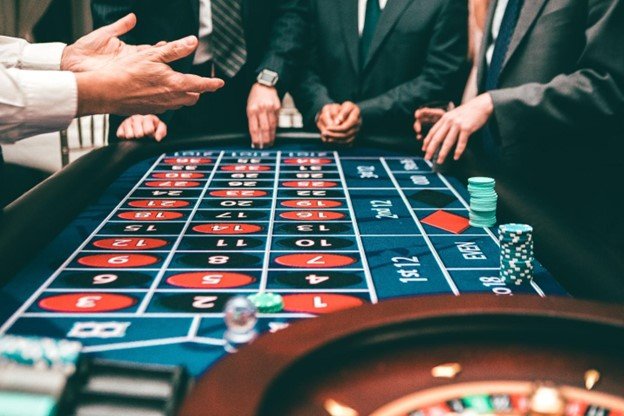
Chaos Theory is a concept perhaps most famously made known to the public in the original Jurassic Park film by the character Dr Ian Malcolm. Chaos theory is a branch of mathematics that looks for patterns and deterministic laws.
It looks at how a tiny action can lead to bigger outcomes, even within systems that have a very specific set of rules. It’s a complex area of study and patterns are not easy to predict over time due to unpredictability down the line.
Systems that are heavily studied by chaos theory include biology and weather patterns. But people have also looked at other areas such as stock trading and gambling to try and unravel important questions like whether the games at regular and crypto casinos in the Philippines are impacted by chaos.
Why Could Chaos Theory Have an Impact?
Gambling is seen as something unpredictable, with the outcomes resting in the hands of luck. Slots in particular are a big example of this. Technically, a player should have as much chance of landing a win from a single minimum bet spin, as one hundred max bet spins due to the unpredictable nature of the game mechanics.
But does chaos theory allow for the structure of patterns to emerge in casino games where there should be none?
Random Number Generators
Random Number Generators are tools used to add chance to online gambling games like slots and roulette. It is possible that patterns could emerge, but the chance of one happening is so slight it will have no bearing on play. Results from one spin of a slot wheel can’t be predicted, for example.
Over time, with a high-volume bank of information, a pattern could emerge. But future spins wouldn’t necessarily fall back into that pattern anyway, especially not with high-quality Pseudo Random Number Generators.
There is another factor as well that adds another layer of complexity, and that is game mechanics. They produce another layer of deterministic outcomes, deepening the randomness.
Chaos Theory and Blackjack
Blackjack probabilities change due to what has already been dealt. If a player wants an ace and two other players already have one, then the likelihood of drawing one is lower than if there were no aces already in play.
At no point in a game of blackjack can a small change in conditions have a huge impact on the outcome, which is something that determines a chaotic system. An example is that if just one ace was removed from the shoe, that wouldn’t have an influential change in outcomes.
Chaos Theory and Roulette
Roulette has been modelled with chaos theory. By studying physical aspects of the game, and tracking the motion of things like where the ball is dropped plus the speed and title of the roulette wheel, it was discovered that more accurate predictions could be made, with around 59% accuracy.
If all the chaos theory modelling done on roulette could be used, it would equate to around an 18% player return. Without it, there is roughly a -3% return for a player in roulette.
But what does that mean for an average player? Nothing.
Playing at a real casino, you can’t carry in a bunch of equipment and hook it up to measure the roulette wheel’s rotation speed, for example. For roulette at online casinos, this is even less of a factor. There is nothing that you have influence over because there is a random number generator driving the systems, as at all non-live dealer games.
In Summary
Why is randomness and chaos so important in gambling? It is because it helps keep the playing field level for everyone. It gives a first-time player just as much chance of winning as a first-time player.
But any thoughts that chaos theory can help you in a casino-playing situation is nothing but smoke and mirrors. There is nothing that can be applied from this particular area of mathematics that can help you out.




